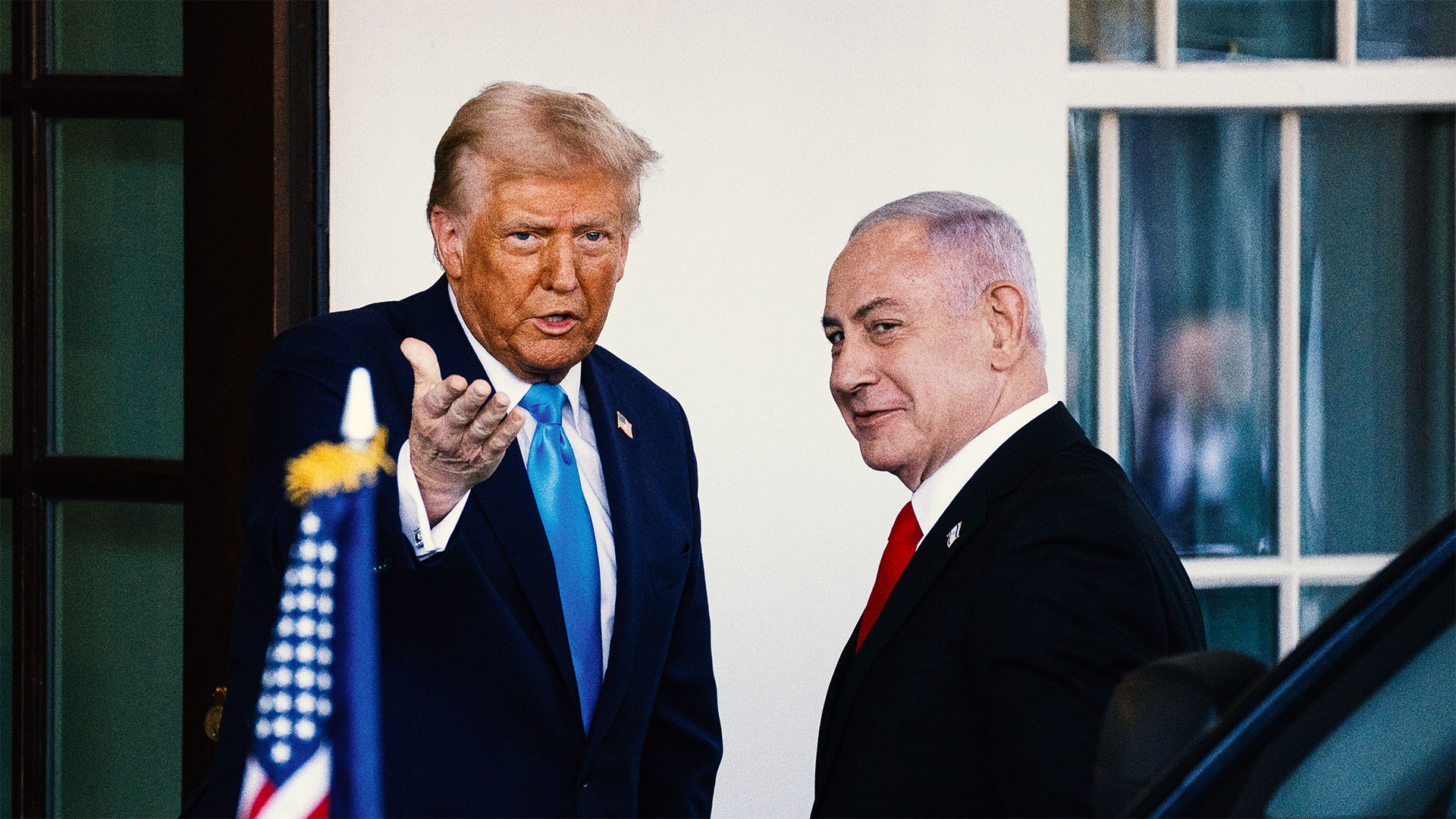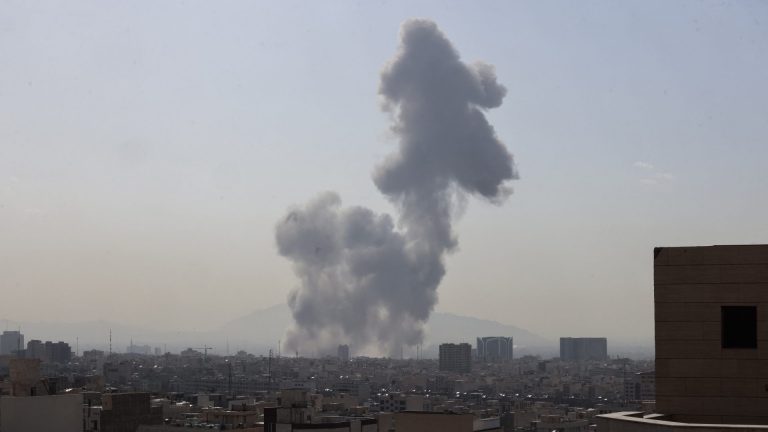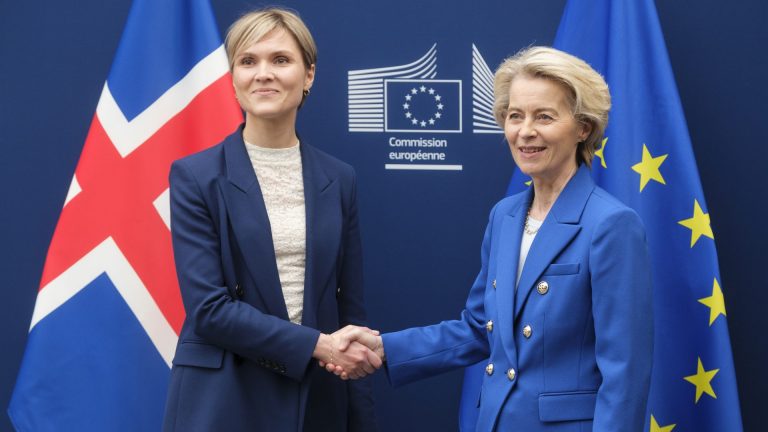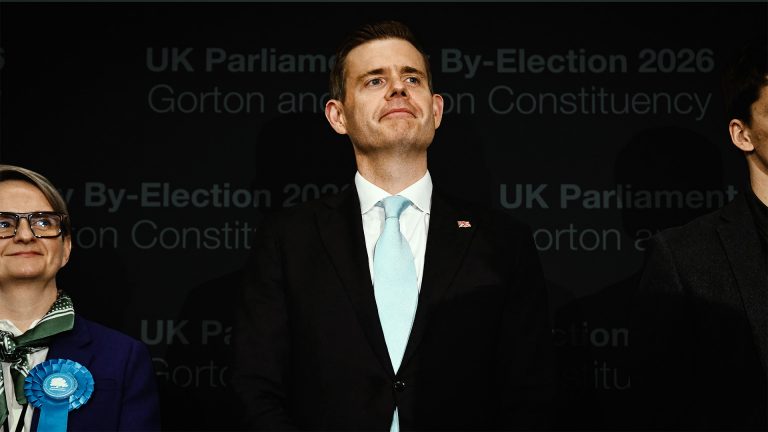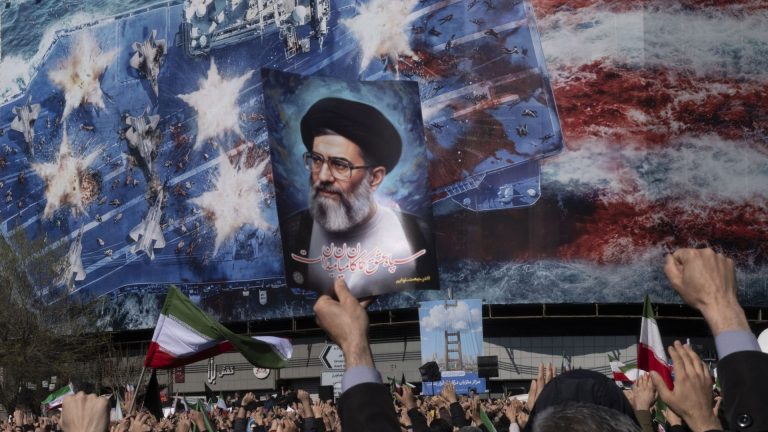President Trump’s peace deal offers a respite from violence, hunger and the daily pain of loss in Gaza. Long-suffering hostages are being reunited with loved ones while others will finally be able bury their dead. The resumption of aid deliveries is alleviating the immediate risks of famine and disease. Whether this offers the “everlasting peace” that Trump and the majority of people in the region desire, or only temporary respite, is unclear.
There is cautious optimism but key details are still to be agreed. The two most obvious are the make-up of the international stabilisation force and technocratic government (mobilised Hamas fighters attempting to fill the post-IDF withdrawal void are already fighting street battles with clan militias) and the issue of Palestinian statehood. The deal seems to leave room for this, but prime minister Netanyahu appears to have ruled it out.
Room for disagreement remains but little room for discussion of justice. When the hostages tell their stories and the scale of the dead beneath the rubble becomes clear there will also be enough anger to restart the cycle of violence. As well as the immense and tragic loss of life, the US should perhaps reflect that its support of Israel has come at an immense strategic cost.
Trump came into office saying he wanted to lessen the US footprint in the Middle East and to focus more on US competition with China, which poses the long-term threat to American hegemony. During the Cold War the US invested in alliances of collective security and mutual defence to deter the USSR. It also leveraged proxies, which were individuals, non-state groups, or nations acting on the US’s behalf.
These proxies advanced America’s strategic goals without Washington having to engage in direct military conflict, which would risk nuclear escalation with the USSR. However, support for Israel, America’s key proxy in the Middle East, and the Trump government’s approach to traditional allies in Europe, have now weakened America.
As Israel moved from seeking revenge and retribution against the population of Gaza for the October 7 attacks to its longer term goal of destroying both Iran’s proxies and its nuclear program, the US has encountered what is known as the “principal-agent problem.” This is when the sponsor loses control of its proxy.
Early in Trump’s term there was hope that the agreements that were intended to normalise relations between Israel and the Arab states, the Abraham Accords, would be extended to Saudi Arabia. This would have furthered the US strategy of managing regional tensions through agreements that protected its proxy, kept the oil flowing, allowed the US military freedom of movement to execute counter-terrorism operations but also allowed the US to direct the bulk of its military resources towards the far east.
Yet the US has found its strategy continually undermined by Israel. Netanyahu broke the first US-mediated cease-fire in March. He then undermined US negotiations with Tehran by bombing Iran and persuading the US to join in. Some of Israel’s actions have initially benefited the US, for example when Israel’s war in Lebanon denied the Syrian al-Assad regime the support of Hezbollah, which led to Assad’s fall.
And yet, Israel’s subsequent actions, such as the seizing of Syrian land beyond the Golan Heights, went against US interests by undermining Syria’s fragile recovery and increasing friction with Turkey, another US ally and Nato member.
The final straw was Israel’s September attack on Qatar, a key US ally that hosts the important Al Udeid air base. In a Joint Declaration on Security Cooperation in 2018, the US made clear it would confront any external threat to Qatar’s territorial integrity. Israel’s attack embarrassed the US. It was significant that Trump forced Netanyahu to issue an apology to Qatar as part of the peace deal announcements.
Netanyahu agreed to Trump’s deal after a “strong” conversation, in which it was made clear that Trump had finally had enough. If Trump continues to force his deal through after the hostages are released, and in the face of pressure on Netanyahu to appease his far-right coalition partners, then the US president will deserve credit.
However, after two years of this tragic war, many countries see Israel as a rogue state that has had American support while it has undermined the international norms the US once claimed to uphold – and helped to create. In addition, nations such as Chile and South Africa, both of which recalled their ambassadors from Israel, are rich in the natural resources needed to make the components found in the new generation of advanced technologies – they have been building deep economic ties with China. The staunch support of one ally has lost the US strategic credibility, and the lack of support for other allies has compounded the effect.
Encouraging the growth of democracy and pushing back against autocracy is to the benefit of all states in the international system, including the US. The UK and other European democracies should be committed to this fight, but there are increasingly divergent and shifting ideologies within western democracies. There is no unified democratic block. We are not in a new dualism.
Suggested Reading
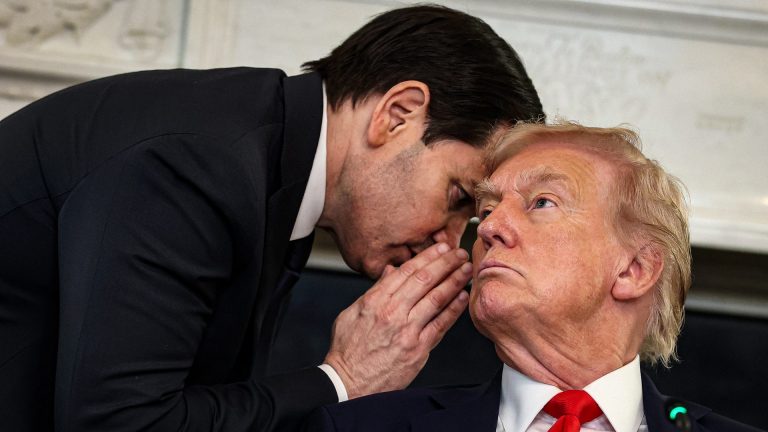

It had to be Trump.. and that’s embarrassing
Both presidents Macron and Putin have claimed we are moving into a multipolar world where states cluster around three or more regional and global powers, motivated by survival and mutual benefit rather than specific ideology. I prefer “multi-matrixed” world. An anchoring of security, trade, technology and energy policies onto one or more new “poles” will not be enough for states to thrive or even survive in this new era, especially considering the unstable internal politics and brittle economies that beset these poles.
Instead, states are developing complex relationships with different (sometimes contradictory) partners and proxies, including other states, terrorist and criminal organisations, and multinational companies and institutions. Some states are also increasingly turning to organised crime groups to conduct hybrid warfare, particularly cybercrime, and avoid economic sanctions.
Within this world, diplomats are talking about the need for a political realism, which recognises the fact that states will be concerned with their own security above all else, while also citing the need for cooperation and alliances to navigate an international system closer to anarchy than order.
Sun Tzu, the Chinese general and strategist, writing in around the fifth century BC remarked that, “The supreme art of war is to subdue the enemy without fighting.” Neither China or the US will seek direct military conflict in the near future, but economic and trade warfare and battles for control of energy and technology are already heating up.
China is adopting strategies from the Tzu’s Art of War, patiently playing the long game by building alliances and proxies while looking to avoid risk and conceal its ultimate aims. The US is adopting strategies from the Art of the Deal, favouring instinct, quick wins, risk taking and bombast.
Trump’s efforts to make this peace deal endure should be applauded. Peace in the Middle East will alleviate untold suffering. It will also provide an opportunity to not only survey the wreckage of Gaza but a damaged US foreign policy. Despite the damage to its reputation the US remains an exceptionally attractive ally in a multimatrixed world, more deals are there to be made if they heed Tzu’s advice.

